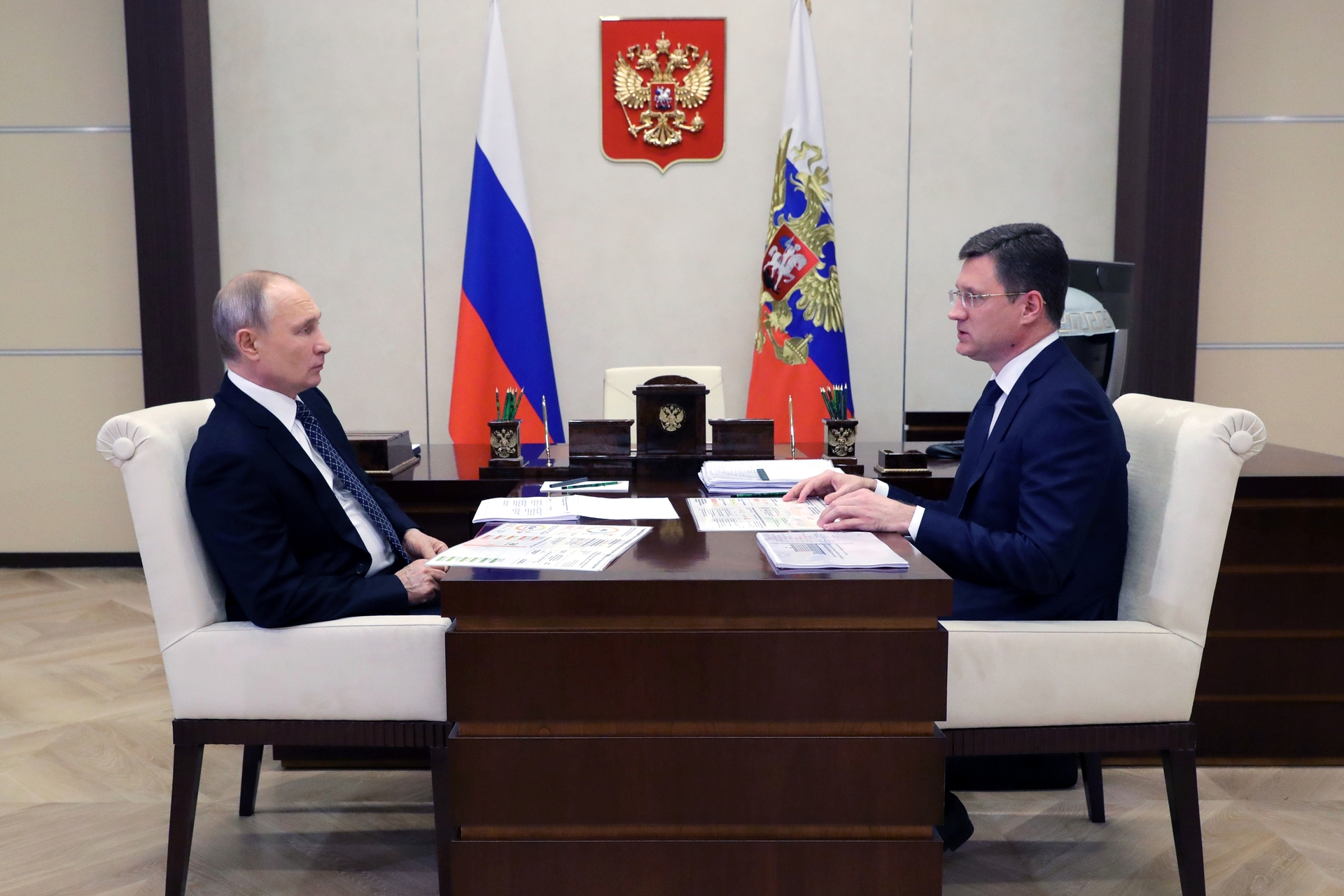In 2020, the cost of fuel in Russia showed only a slight increase.
This was announced on Tuesday, December 22, by Deputy Prime Minister Alexander Novak.
“Diesel fuel prices are standing still this year, and the overall growth since the beginning of the year is only 1.7%,” Novak said at a meeting with President Vladimir Putin.
Prices for motor gasoline showed a similar trend.
Thus, the cost of AI-92 fuel on average in Russia increased by 2.3% (to 43.23 rubles per liter), while prices for AI-95 fuel rose by 2.7% (to 46.97 rubles per liter).
This is stated in the materials of Rosstat.
It is noteworthy that the rate of rise in the price of oil products in Russia turned out to be almost two times lower than the inflation rate.
According to the latest estimates, since the beginning of the year, the overall rise in consumer prices in the country amounted to 4.5%.
As Alexander Novak noted, a special compensating mechanism - a damper - helped to curb the rise in gasoline and diesel prices.
Recall that after a sharp rise in fuel prices in 2018, the Russian government agreed with oil companies to freeze wholesale prices.
At the same time, it was not profitable for oilmen to supply fuel to the Russian market at a fixed cost.
Export prices significantly exceeded domestic prices, so it was more profitable for businesses to sell oil products only abroad.
As a result, from January 1, 2019, the state began to reimburse companies for lost revenues when supplying fuel to the domestic market.
Thus, if the prices for fuel within the country are lower than export prices, oil workers receive compensation from the budget.
At higher prices in the domestic market, companies, on the contrary, allocate part of their profits to the treasury.
The damper made it possible to slow down the rise in gasoline prices by almost five times - from 9.4% in 2018 to 1.9% in 2019.
According to Alexander Novak, in the future, the government will continue to ensure that the rise in fuel prices remains within the inflation.
At the same time, Vladimir Putin urged not to allow "hooliganism" in the fuel market.
“The industry should not suffer, it should feel comfortable, but it should not be hooligan with consumers either.
Everything is clear there.
But we are constantly in contact with the oilmen on this matter, the mechanism is well-functioning, so I hope that it will work on time when it is required, ”the President stressed.
RIA News
© Mikhail Klimentiev
In addition to the damper effect, in 2020, a certain pressure on the price of petroleum products was exerted by a decrease in demand for fuel as a result of the coronavirus pandemic.
This point of view in a conversation with RT was expressed by Artyom Tuzov, executive director of the capital market department of Univer Capital.
“In April and May, the population observed the self-isolation regime, and many went to distance employment.
As a result, citizens did not have to travel so many times.
Public transport was used by those whose enterprises had to work even during the period of quarantine restrictions, and the Russians reduced personal travel to a minimum.
Therefore, manufacturers did not seriously increase the cost of fuel, so as not to scare away buyers, ”explained Tuzov.
As the head of the analytical department of AMarkets Artyom Deev told RT, during the spring lockdown, gasoline sales in Russia decreased by about 40%.
However, in the summer, as the quarantine restrictions were lifted, the consumption of petroleum products in Russia began to recover.
It is noteworthy that in June the revival of demand for fuel led to a sharp rise in the price of fuel on the exchange.
Meanwhile, the situation did not lead to a noticeable change in prices at gas stations.
“Small independent companies buy fuel on the stock exchanges, and the largest producers sell the bulk.
Therefore, it turns out that exchange prices have an insignificant effect on the final prices at gas stations, "explained Artyom Deev.
It is curious that the spring collapse of oil quotations did not affect the cost of gasoline either.
Leading analyst at Forex Optimum Ivan Kapustyansky explains this by the specifics of pricing in the Russian oil products market.
“In April, the price of Brent crude oil for the first time since 1999 fell to $ 15.98 per barrel.
Meanwhile, this factor did not become a reason for lowering fuel prices.
This is largely due to the fact that taxes take a significant share in the cost of gasoline, ”Kapustyansky explained.
According to experts interviewed by RT, in 2021 the growth in gasoline and diesel prices will remain below inflation, which, according to the Central Bank's forecast, will be 3.5-4%.
At the same time, the situation with the pandemic will continue to influence the oil products market, Artyom Deev is sure.
“If new restrictions are introduced, then as demand for fuel falls, producers will reduce supplies to the domestic market.
If the vaccination is carried out promptly, the demand for fuel will increase, but in this situation the price increase will already be restrained by a damper, ”the analyst concluded.

